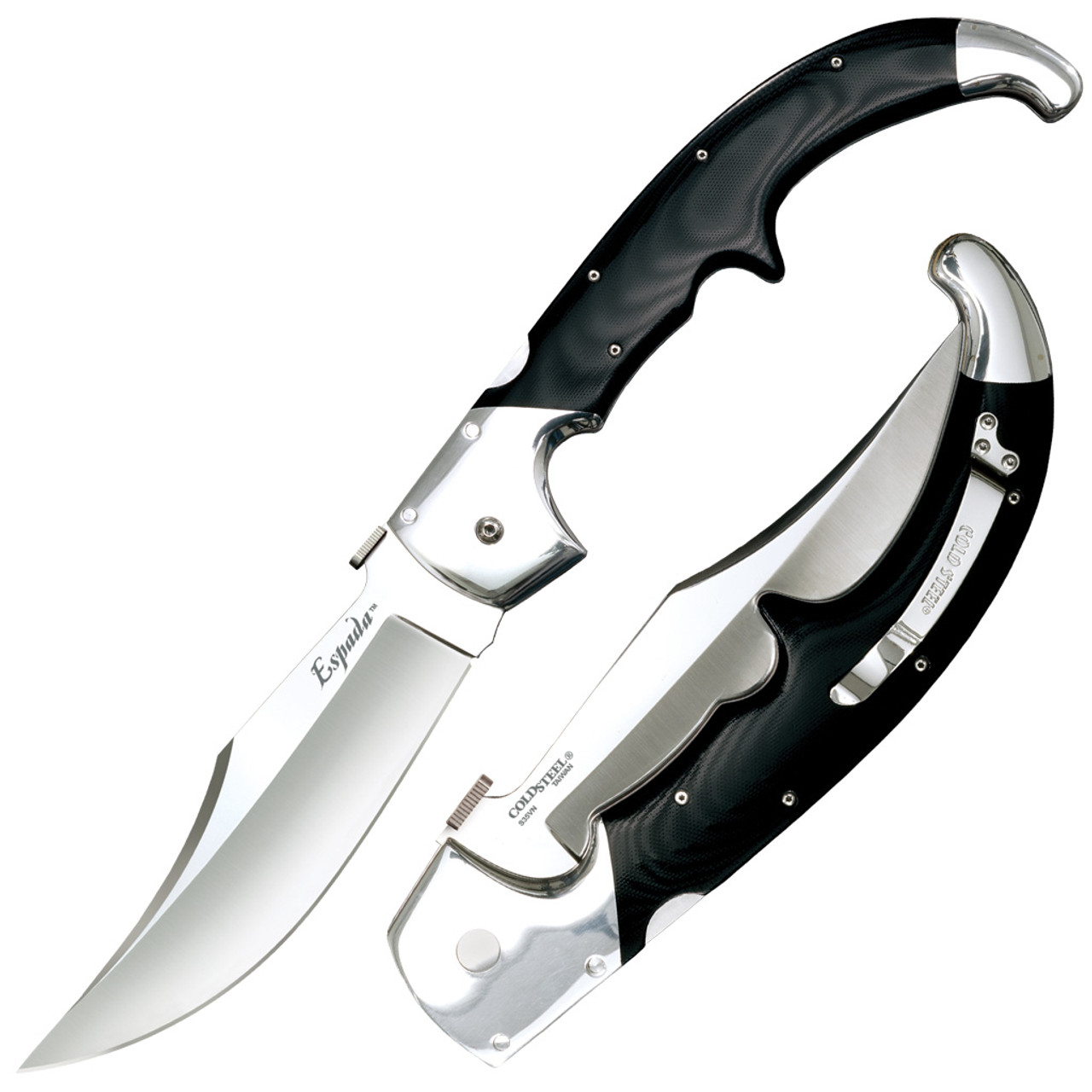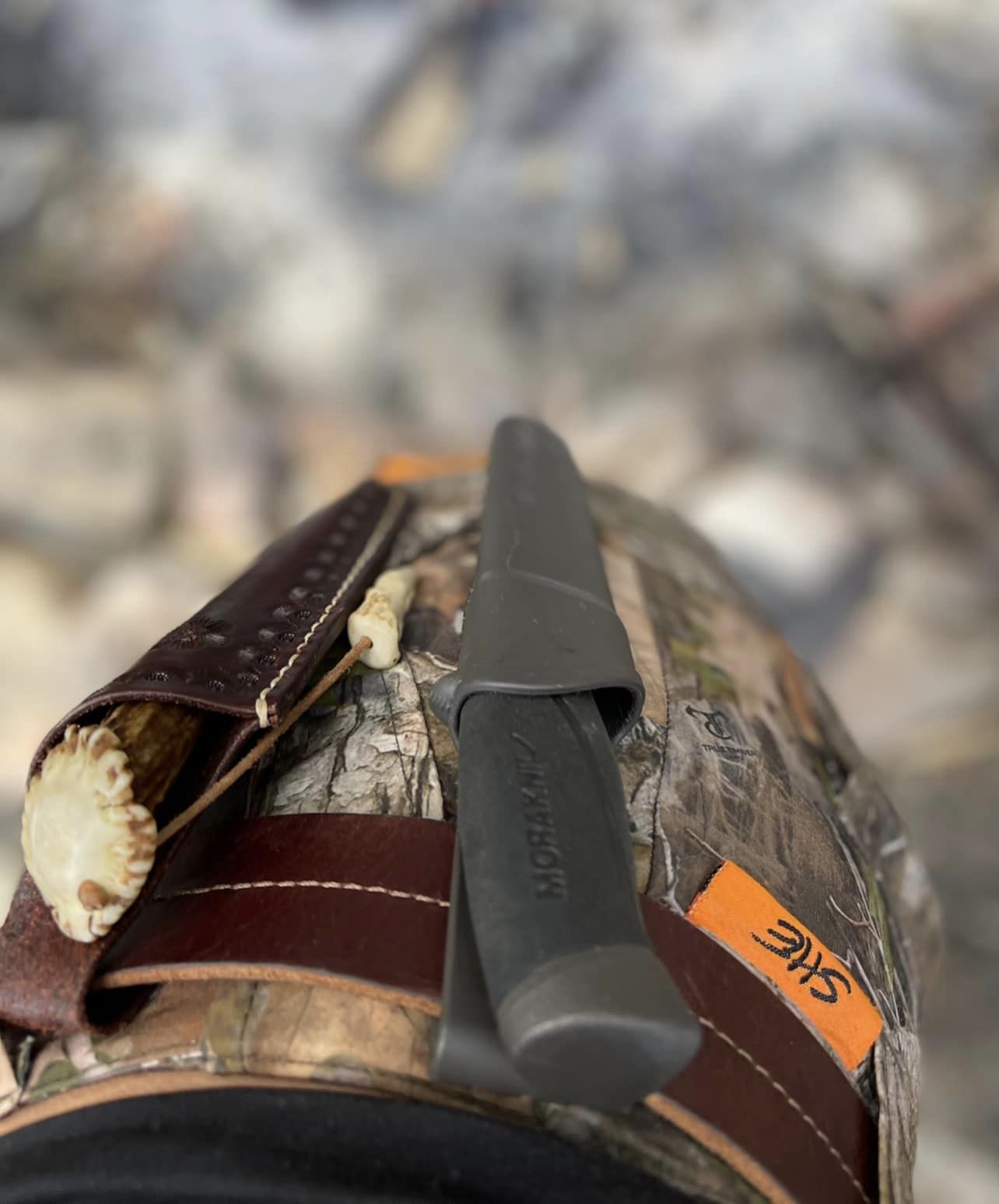
A panic alarm is an electronic device that alerts you to a potential emergency situation. These alarms are wireless or fixed and can be programmed in order to sound when needed. Some devices can also be monitored using geolocation technology to call emergency services in the event of panic attacks. A panic alarm can help to keep you calm and to take the appropriate actions to avoid any serious problems.
Technology-driven panic alarms
Technology-driven panic alarms are designed to quickly and easily notify authorities in the event of a panic attack. By utilizing a variety of communication channels, computer-based panic alarms are faster and more reliable than conventional alarms. They also give staff valuable information to help them respond quickly and effectively.
Legislators have been working hard to ensure panic buttons are available in all schools following the Florida school shooting. The legislation will allow panic alarms to link to a mobile application and is expected to pass in the next few days. This application will notify law enforcement and enable staff to help students immediately.
Wireless panic alarms
Wireless panic alarms are useful in many situations, including those where there are vulnerable people to be alerted in case of emergency. For example, housekeepers in hotel rooms are especially at risk of assault. Seattle University's study shows that 53% percent of housekeepers have experienced harassment in their lives. Eight out 10 hotel workers have been also victim to harassment. These incidents have led many housekeepers and managers to demand that panic buttons be made mandatory in the hospitality sector.

Wireless panic alarms can be a great option for workplaces, as they don't rely on wired or cellular connectivity. They can also be used in environments with sensitive equipment or lone workers.
Fixed panic buttons
Fixed panic alarm button are mounted on the walls and relay a signal to emergency service personnel. They are most suitable for places where someone can reach a panic bell easily. They can also be used at home to create a home security system. This is especially important for single workers, who are at risk of being attacked.
Many panic alarms can be activated wirelessly, meaning that you don't need an additional device. These alarms work by alerting emergency services or a monitoring center. It can also alert local police. Many panic alarms come with a silent alarm which notifies onsite security guards.
Geolocation technology monitoring devices
These devices can be used to monitor emergency situations and use geolocation technology. Monitored devices can be used to call only a few numbers and keep you in touch with your family, friends, or colleagues. Some devices allow you to call 911 in the event of an emergency.
These devices use GPS tracking to identify users in real-time, and then send voice communications to the monitoring station. After assessing the situation, the operator will dispatch the appropriate emergency personnel.

Benefits from panic alarms for lonely workers
Panic alarms are an excellent way to protect lonely workers. They can be worn around your neck or attached to clothing. They can also be activated discreetly and easily. Many of these alarms also have additional features such as automatic fall detection. These devices can even use GPS tracking to keep an eye on the lone worker.
The device can send a signal either to a designated individual or to an monitoring center. The device may send an audible alert or a silent one, depending on how loud it is. An audible signal can startle an aggressor. In addition to this, the lone worker can explain what has happened and still call for help.
FAQ
What's the best weapon you can carry for self defense?
A sharp knife is your best defense weapon. You may not think you need a knife for self-defense, but if someone tries to attack you, then you'll find yourself wishing you had one.
You don't have to go out and buy a $100 folding knife just because you want to protect yourself. Simple pocketknives will suffice. You can also add additional tools to make sure you are ready for anything.
How much does a stun gun cost?
A stun gun's price can vary depending on its model.
Two batteries are included in most models. The batteries last around three months.
How do beginners do self-defense?
It's not only for those who have been trained by professionals to defend themselves. It is also important to be able defend yourself alone. It is important to learn the basics of how to defend yourself against an attack.
You can start by practicing simple movements such as punching, kicking, and kneeing. Then, you can move on to more complex moves like grappling or joint locking.
It is always useful to practice something that is similar to what you might face in real-life situations. For example, if you want to learn how to kick someone, then you should practice on something soft like a pillow.
This way, you won't hurt yourself while practicing. Don't hit anything too hard or you might damage something.
What can you do to keep yourself safe if it isn't possible to protect your self?
If you aren't physically able defend yourself from an attack, then you should seek out someone who is.
You may have to ask for help. It may be necessary to dial 911. If you don't act, you may die.
You can also reach out to your local domestic violence shelter. Safety planning classes are offered by many shelters to help women protect themselves.
Statistics
- Verbal harassment was the most common form, but 51 percent of women said they were touched or groped in an unwelcome way, while 27 percent of women survived sexual assault. (healthline.com)
- Most likely, you'll get tapped out by 90% of the people in your first 3-5 months. (mmaclan.com)
- The Rape, Abuse & Incest National Network reports that 70 percent of sexual violence cases aren't committed by random strangers in a dark alley but by people we know: friends, family, partners, co-workers, etc. (healthline.com)
- Saying this, Self defense 101 would be the importance of situational awareness, which can never be replaced by the finest of martial arts, because it is this that would help you to avoid any likely attacks in the first place. (worldofselfdefense.com)
External Links
How To
How to Survive a Home Invasion
Home invasion is scary, especially for children. We didn't know what it would feel like to be in the midst of home invasions when we began our home security installation journey. Here are the lessons we have learned thus far.
-
Don't Let Your Kids See The Attackers. Two men entered our home while our children were asleep upstairs. They were kept downstairs until the police arrived. Our kids weren't hurt, but they saw enough to traumatize them.
-
Lock Up All Valuables. We keep valuables locked up in a safe in our bedroom. Even if someone breaks into the house, they won't be able to access it.
-
Keep An Eye Out For Burglars. Our neighborhood has many burglaries. We always keep an eye out for suspicious vehicles and people.
-
Have A Backup Plan. If something happens, our family will be taken over financially. We have also made a plan to leave this country, if needed.
-
Be Prepared. Be prepared in case you are ever forced to defend your own life. Be prepared with food, water, as well as other supplies.
-
Call 911 immediately. If you find out that someone has broken into your home, call 911 immediately. It is better to call 911 immediately than wait for the authorities to come to your house.
-
Use common sense. Do not allow anyone to enter the house if they aren't welcome. Don't invite strangers over.
-
Seek out help from neighbors and other people in the local area. If you feel unsafe, contact your friends and neighbors. You can have them watch your back while calling the police.
-
Keep calm and do what is instructed by police officers. Keep calm and do as the officers direct. Do not run or resist arrest.
-
Take Pictures Of Any Evidence. Any evidence discovered during the investigation should be taken pictures. This includes fingerprints, blood samples, and other items.
-
Local Law Enforcement can be contacted to file a report. No one was hurt, but you can still file a report to local law enforcement. This could help prevent you from being convicted of future crimes.
-
Call the Insurance Company immediately. You should immediately contact your insurance company. Inform your insurance company about the events and request an adjuster to visit to assess the damage.
-
Your personal belongings should be removed. You should get rid of all personal belongings. Don't wear expensive jewelry. Take it off and put it away.
-
Take Care of Yourself. Keep your surroundings clean. Throw away the trash, sweep up broken glass, and make sure all doors and windows are locked.
-
Do not talk about what happened. Talk about what happened to someone else. It is possible that someone might use the information against you.